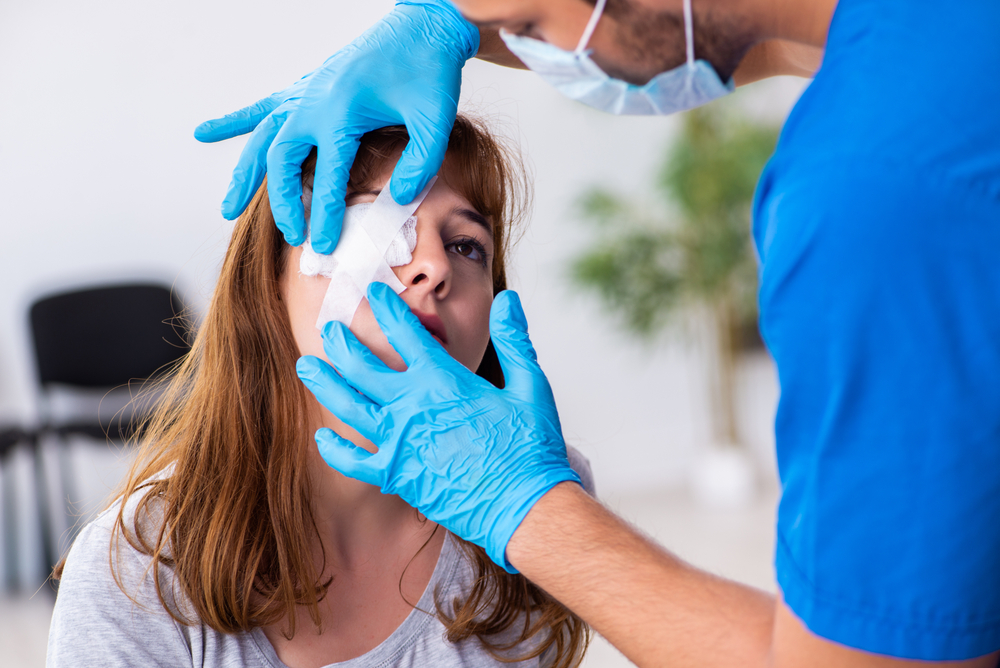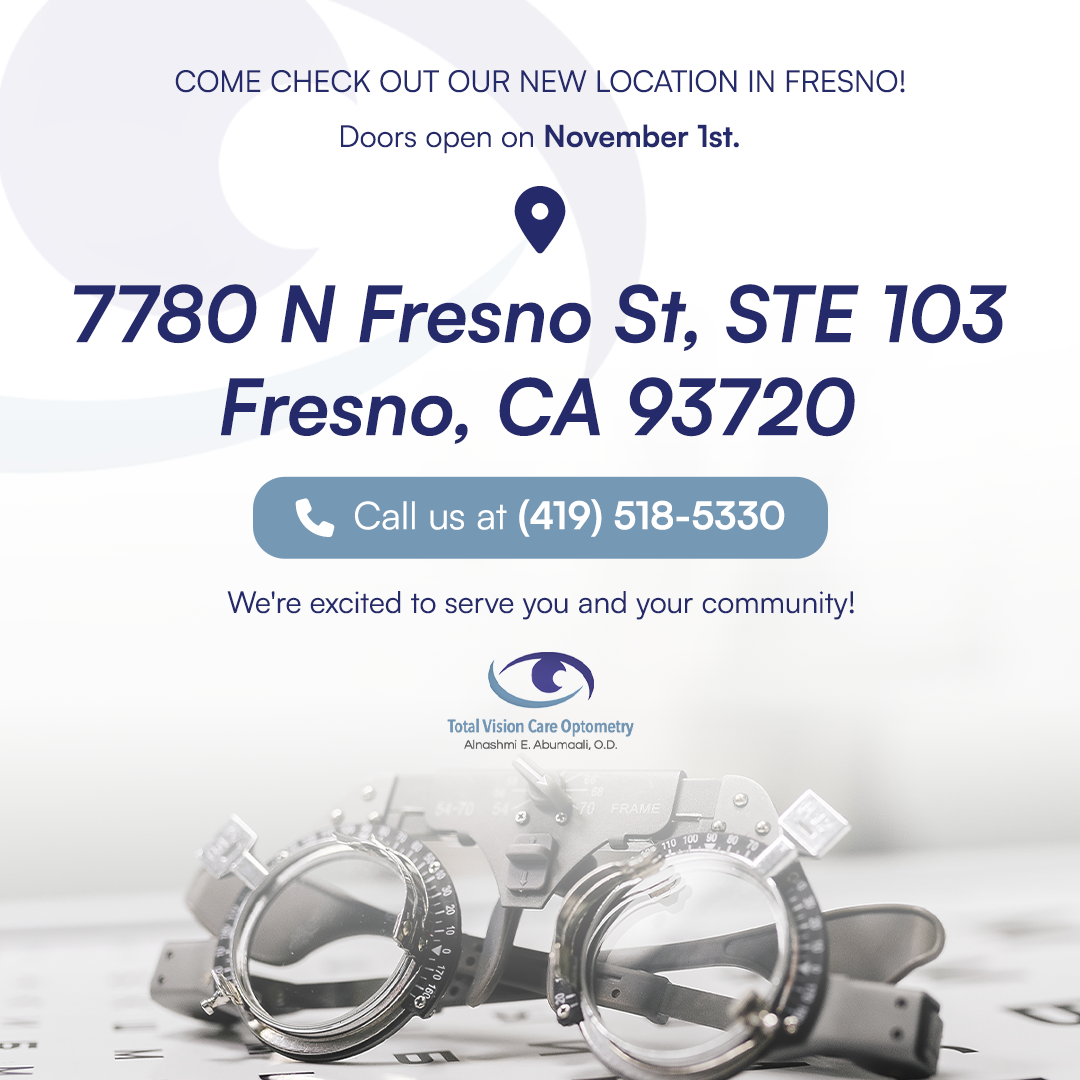
An eye emergency is a situation that requires prompt medical attention to prevent vision loss or further damage to the eye. These emergencies can arise suddenly and unexpectedly, causing discomfort, pain, and impaired vision. Recognizing the signs and symptoms of an eye emergency is crucial for seeking timely treatment and preserving your eyesight.
Common Eye Emergencies and Their Symptoms
Eye emergencies can manifest in various ways, and it's crucial to be aware of the common signs and symptoms. Here are some of the most prevalent eye emergencies and their associated symptoms:
1. Eye Injuries
- Blunt trauma to the eye or surrounding area
- Cuts or lacerations on the eye or eyelid
- Embedded foreign objects in the eye
- Sudden vision loss or impairment
2. Chemical Exposure
- Burning or stinging sensation in the eye
- Redness and excessive tearing
- Blurred vision or sensitivity to light
3. Sudden Vision Loss
- Partial or complete loss of vision in one or both eyes
- Sudden onset of flashes, floaters, or dark spots in the field of vision
4. Severe Eye Pain
- Intense, persistent pain in or around the eye
- Sensitivity to light or difficulty keeping the eye open
5. Foreign Objects in the Eye
- Sensation of something stuck in the eye
- Excessive tearing or discomfort when blinking
6. Eye Infections
- Redness and swelling of the eye or eyelid
- Discharge or crusting around the eye
- Sensitivity to light and blurred vision
It's important to note that some eye emergencies may not present with obvious symptoms initially, making it crucial to seek professional medical attention if you experience any sudden or concerning changes in your vision or eye health.
First Aid Steps for Eye Emergencies
While seeking prompt medical attention is crucial in an eye emergency, there are some basic first aid measures you can take to minimize further damage and provide temporary relief:
- Avoid Rubbing or Touching the Affected Eye: Rubbing or applying pressure to the eye can worsen the condition and potentially cause further injury.
- Flush the Eye with Clean Water: If a foreign object or chemical has entered the eye, gently flush it with clean, lukewarm water for at least 15 minutes.
- Apply a Cold Compress: Gently apply a clean, cold compress to the affected eye to reduce swelling and discomfort.
- Cover the Eye with a Sterile Dressing: If there is a cut or laceration, cover the eye with a sterile dressing or eye shield to prevent further injury and protect it from contamination.
- Avoid Applying Medications or Ointments: Unless instructed by a medical professional, refrain from applying any medications or ointments to the affected eye, as they may worsen the condition or cause further complications.
When to See an Optometrist for Immediate Care
Recognizing when to seek immediate optometric care is crucial in preventing further damage and preserving your vision. Here are some situations that warrant an immediate visit to an optometrist or an emergency eye care facility:
- Sudden Vision Loss or Impairment: If you experience a sudden and significant loss of vision in one or both eyes, seek immediate medical attention, as this could be a sign of a serious condition like a detached retina or a stroke.
- Severe Eye Pain or Discomfort: Intense, persistent eye pain or discomfort that does not subside with basic first aid measures should be evaluated by an optometrist or an ophthalmologist.
- Eye Injuries or Foreign Objects: Any eye injury, including cuts, lacerations, or embedded foreign objects, requires prompt medical attention to prevent further damage and potential vision loss.
- Chemical Exposure: If you experience a chemical exposure to the eye, seek immediate medical attention, even after flushing the eye with water, as chemicals can cause severe and long-lasting damage.
- Sudden Onset of Flashes, Floaters, or Dark Spots: If you notice a sudden increase in flashes, floaters, or dark spots in your field of vision, it could be a sign of a detached retina or other serious eye conditions that require immediate treatment.
- Eye Infections or Swelling: If you experience significant redness, swelling, discharge, or crusting around the eye, it could indicate an eye infection that requires prompt medical attention and treatment.
Seeking immediate optometric care can be crucial in preventing permanent vision loss or other long-term complications. Don't hesitate to contact an optometrist if you have any concerns about your eye health or vision.
Navigating Eye Emergencies with the Help of Total Vision Care Optometry
Eye emergencies can occur unexpectedly and can have severe consequences if left untreated. By recognizing the signs and symptoms of eye emergencies and seeking prompt optometric care, you can minimize the risk of permanent vision loss and protect your overall eye health.
If you experience any concerning eye symptoms or suspect an eye emergency, don't delay. Contact our experienced optometrist at Total Vision Care Optometry for immediate evaluation and treatment. Our team is dedicated to providing prompt and comprehensive eye care services to protect your vision and ensure your long-term eye health. Visit our office in Chowchilla, California, or call (559) 665-3797 to schedule an appointment today.








